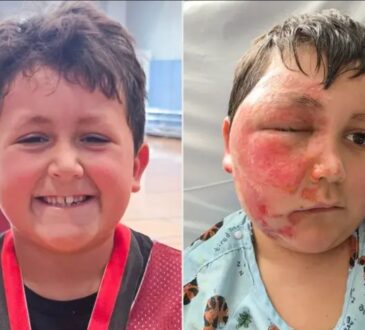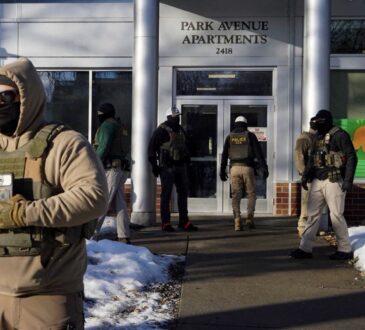
If a nuclear war ever breaks out and you find yourself in the middle of it, the U.S. government has shared steps you can follow to stay alive. These tips come from FEMA (Federal Emergency Management Agency), part of the Department of Homeland Security. They’re trying to help people be better prepared in case something as dangerous as a hydrogen bomb hits American soil.
Now, you might wonder why it talks about a hydrogen bomb instead of the atomic bomb used in Japan back in 1945. That’s because hydrogen bombs are far more powerful. The atomic bombs dropped on Hiroshima and Nagasaki killed around 210,000 people combined.
But a hydrogen bomb—like the one Russia tested in 1961, known as the Tsar Bomba—is much stronger. Experts say hydrogen bombs could be up to 1,000 times more destructive than atomic bombs. So, if World War III begins and such weapons are used, the impact would be unimaginable.
As global tensions rise—with conflicts in Ukraine, the Middle East, and other places—fears of a large-scale war are growing. That’s why it’s important to know what to do if a nuclear strike happens.
Right after a nuclear explosion, there’s something called “fallout.” It’s a mix of radioactive dirt and debris that falls from the sky, covering everything in a 20-mile radius. This fallout usually starts falling about 10 minutes after the explosion, which gives you a short window to take action.
The first thing you should do is take cover. If you’re close to a brick or concrete building, head inside immediately and move toward the center of the structure. If you have a basement, go there. Once you’re inside, stay there for at least 24 hours. Don’t leave, even if it seems quiet outside. The air and environment can still be full of dangerous radiation.
Stay away from the building’s outer walls, roof, and especially windows, because that’s where radioactive particles can gather. FEMA says not to hide in cars or mobile homes—they won’t protect you. You need to be in something solid like a concrete house or multi-story building with a strong middle section or basement.
If the bomb explodes while you’re outside, lie face down right away. This will help protect your skin and vital organs from the heat and flying debris. Cover as much of your body as possible and stay low to the ground.
Stay informed. Turn on the radio, TV, or use your phone if you can. Listen for official news updates. Authorities will tell you when it’s safe to come out and where to go for help.
It’s also important to make sure no outside air is getting into your shelter. Shut all doors and windows tightly. If you have heating or cooling systems that pull air from outside, turn them off if possible. This will help stop radioactive air from coming in.
If you were outside when the fallout began, take off your outer clothes as soon as you get inside. Place them far away from others and pets. Brush off any dust or particles from your skin and hair, and wash up with soap and water if you can.
Lastly, be prepared in advance. Buy emergency supplies like food, water, batteries, and a radio. Know where you’ll go if something like this ever happens, and talk to your family about what everyone should do. Being ready could save your life.




